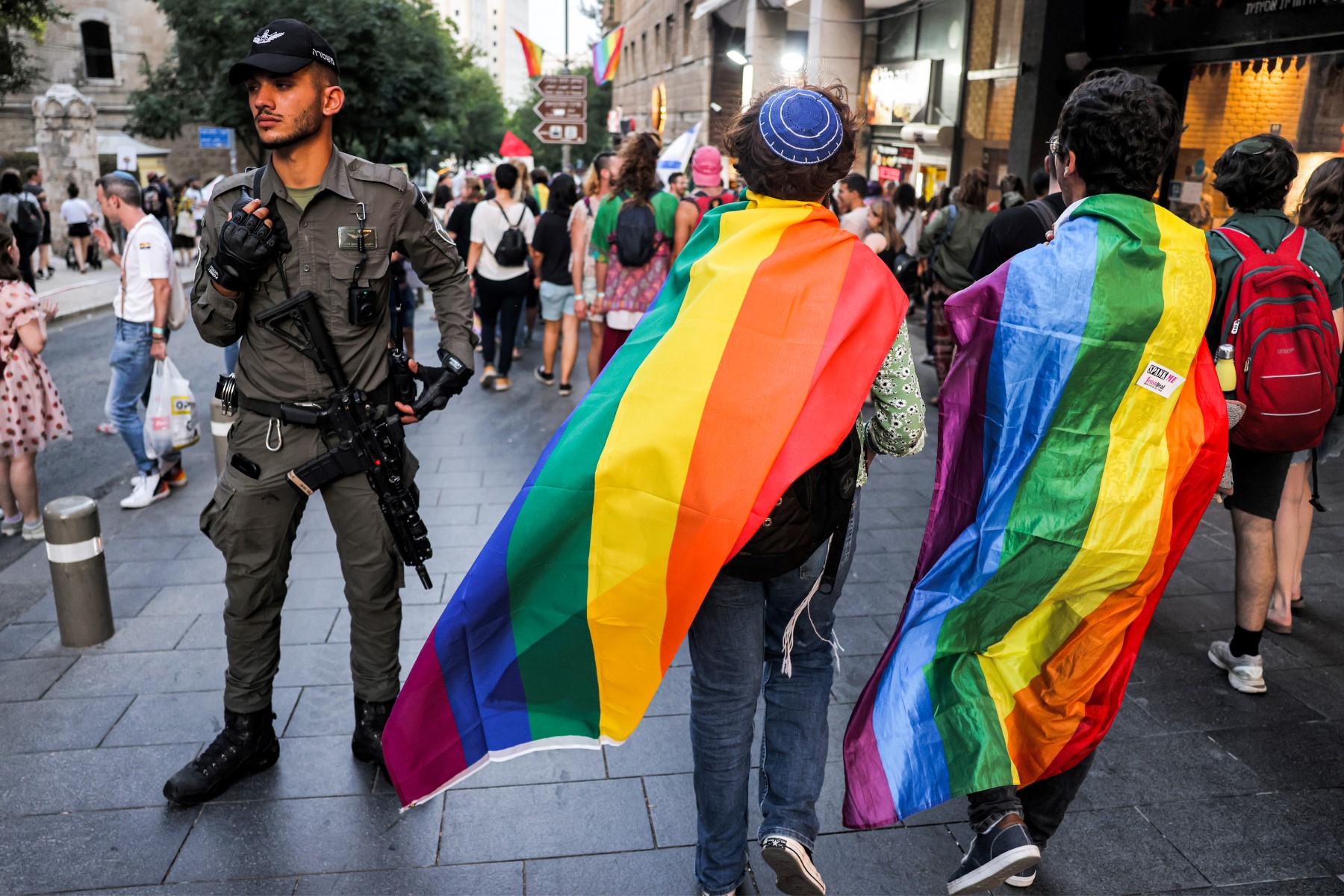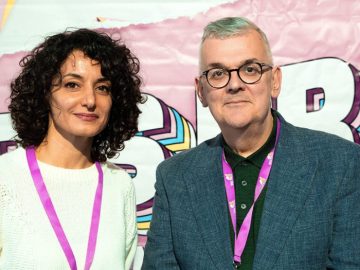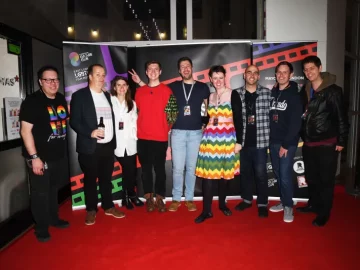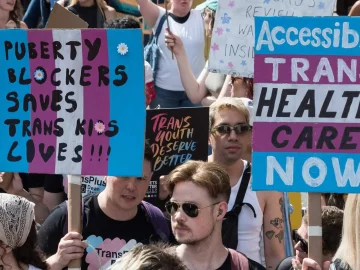This year’s Jerusalem Pride and Tolerance March will be held under the theme “Born to Be Free” and will combine a call for the release of 132 hostages held by Hamas and other terrorist groups in the Gaza Strip with a traditional rally in support of LGBTQ rights.
Jerusalem Open Day: Fighting for Liberation and Supporting the Pride March
The event is being coordinated in partnership with the Forum for Hostages and Missing Persons, the primary organization advocating for the interests of captive families.
The organizers said in a statement that the overall motto expresses core principles such as fighting for the release of hostages, as well as supporting the Pride and Tolerance March, calling for freedom and safety for all.
“The Jerusalem Open Day brought the October 7 victims to the forefront of their protest this year, and I am touched by their support for our fight”Tom Barkai, leader of the Jerusalem division of the Hostage and Missing Families Forum, expressed in a statement.”
The closing gathering in the park will see the participation of families and relatives of the hostages, as well as representatives from families of the deceased and communities forced to leave their homes due to the war.
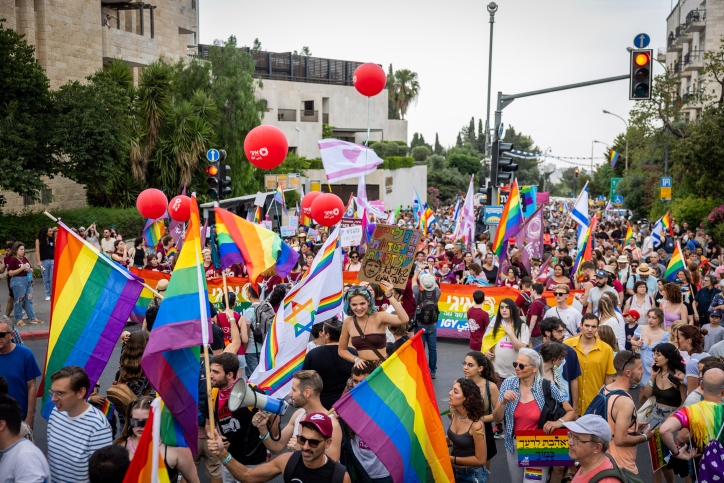
The event will include performances by artists “who will provide hope and comfort, even during these challenging times.”
“This year, we have a moral duty to support the families of the hostages. It is fundamental to our commitment to advocate for our rights, liberty, security and freedom,” said Jerusalem Open Day head Nillie Maderer. “Judging by the pain of recent months, we see a double value in the march – we demand complete freedom and equality in Israel, for all who cannot live a free, fulfilling life.”
Jerusalem Pride March: Uniting in the fight for rights and liberation
Among the marchers will be the fan club of the Hapoel Jerusalem soccer team, which will advocate for the release of Hersh Goldberg-Polin, a dedicated fan of the team, the statement said. In contrast to the light-hearted fun of Tel Aviv’s LGBTQ parade, unlike the closely monitored march in Jerusalem, is typically viewed as a celebration of Pride and also serves as a form of protest against intolerant religious fundamentalist factions in a city known for its strong religious presence, where there are efforts to restrict LGBTQ rights.
Jonathan Walker stated, “The alliance with the Hostage and Missing Families Forum is organic and vital, as they advocate for principles we have upheld for more than twenty years – the sanctity of life, human rights, and the freedom of every individual.”The Chairman of Jerusalem Day opens doors.
Since the start of the war, which began on October 7 and was initiated by Hamas in southern Israel, many public events have taken on a more subdued atmosphere due to the war and the ongoing hostage crisis. An estimated 128 hostages captured by Hamas on October 7 remain in Gaza – not all of them alive – after 105 civilians were released from Hamas captivity during a week-long ceasefire in late November and four hostages were previously released. Three hostages were successfully rescued by the military, and the bodies of 12 hostages were recovered, among whom three were inadvertently killed by the military.
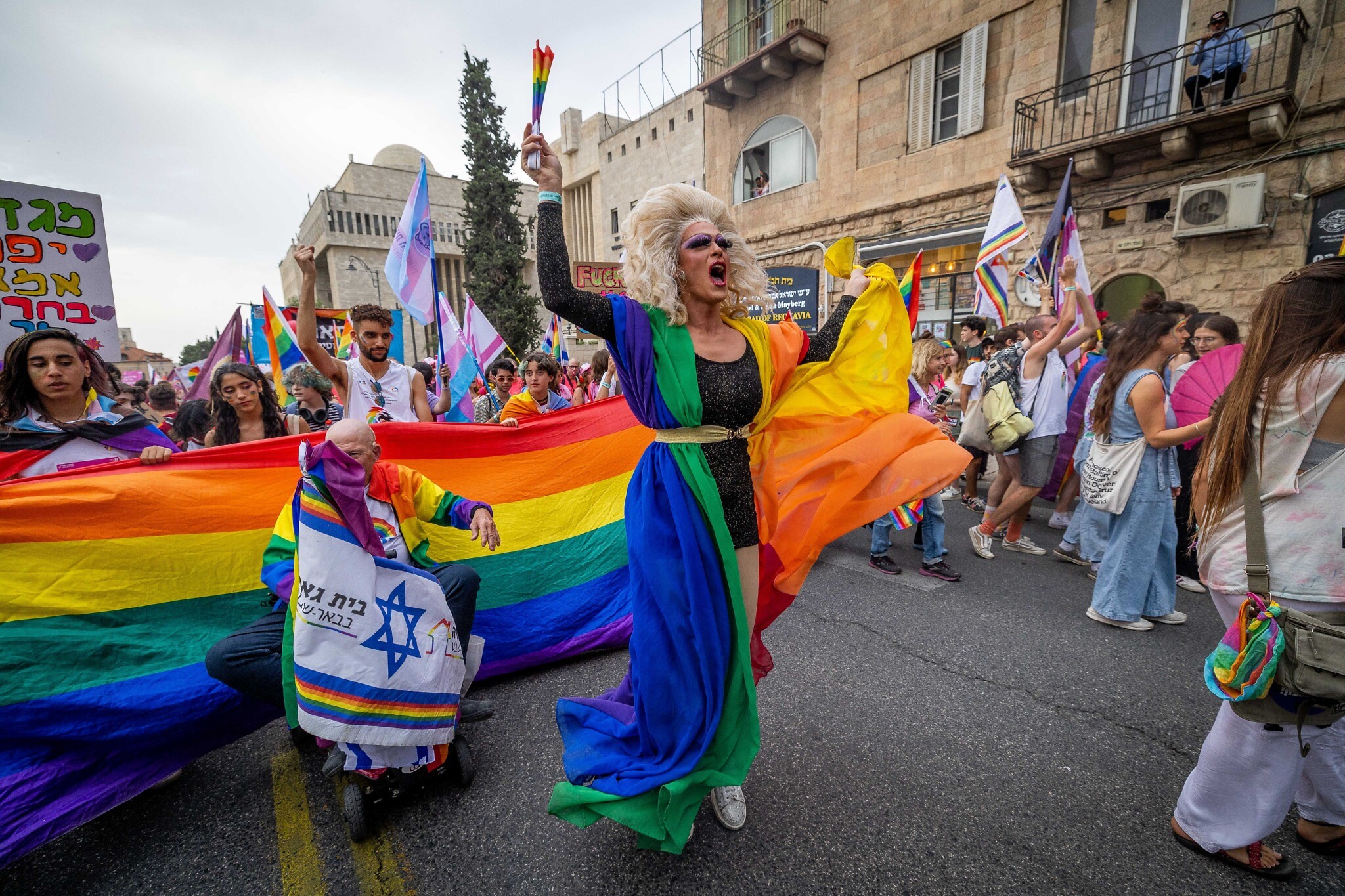
Israeli forces have confirmed the deaths of 36 people still in Hamas captivity, citing new intelligence and information received from forces operating in the Gaza Strip. Since 2014, Hamas has also held the bodies of fallen IDF soldiers Oron Shaul and Hadar Goldin, and two Israeli civilians Averu Mengistu and Hisham al-Sayed.
The latter two are believed to remain alive after entering the Gaza Strip of their own accord in 2014 and 2015 respectively.
The LGBTQ+ community expresses fundamental principles such as advocating for the release of hostages and supporting the Pride and Tolerance March, calling for freedom and safety for all. These ideals are central to the efforts of LGBTQ+ activists worldwide, seeking equal rights and protection from discrimination. Pride marches serve as a platform to support the LGBTQ+ community and show solidarity with its members. They call for respect for diversity and inclusivity in society, where everyone can feel respected and accepted. These events also seek to increase awareness of significant challenges confronting the LGBTQ+ community and to promote legal and social reforms necessary to guarantee equal rights and safeguard against violence and discrimination.

